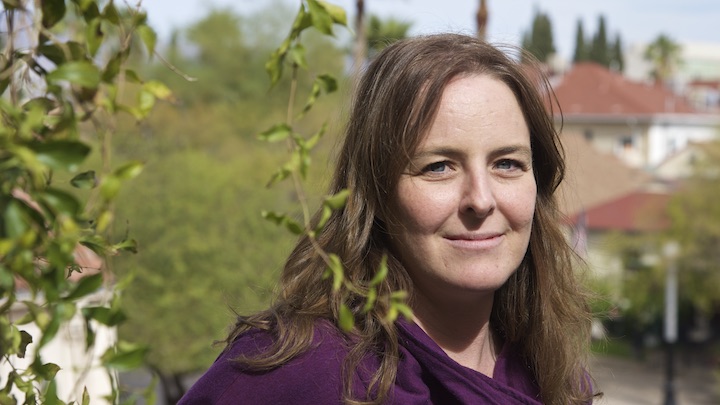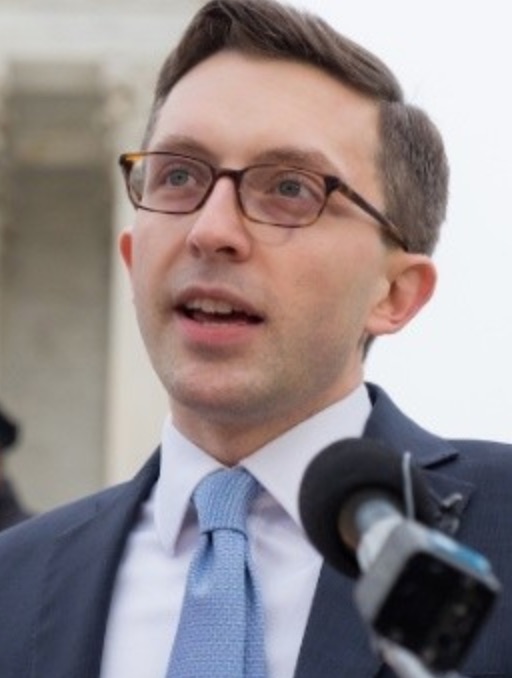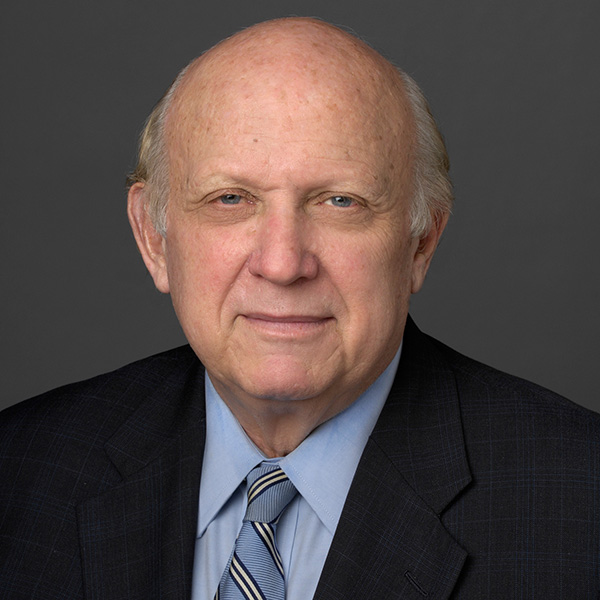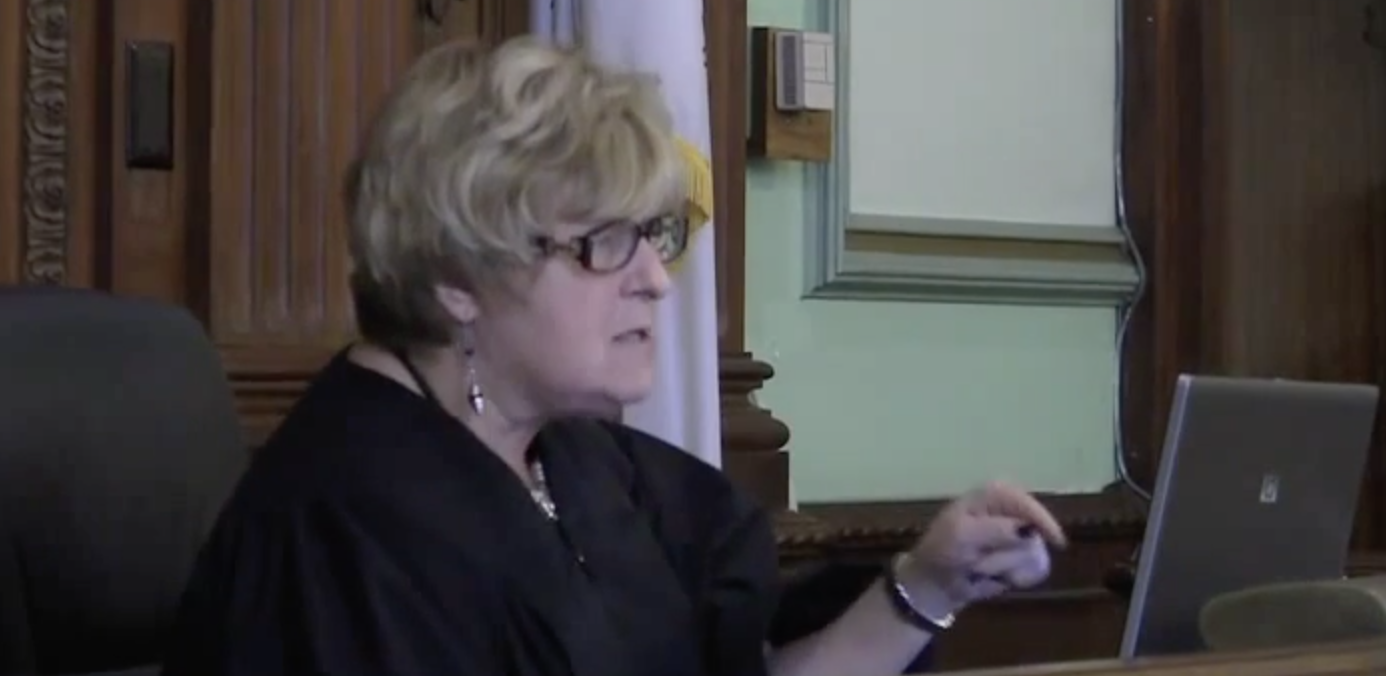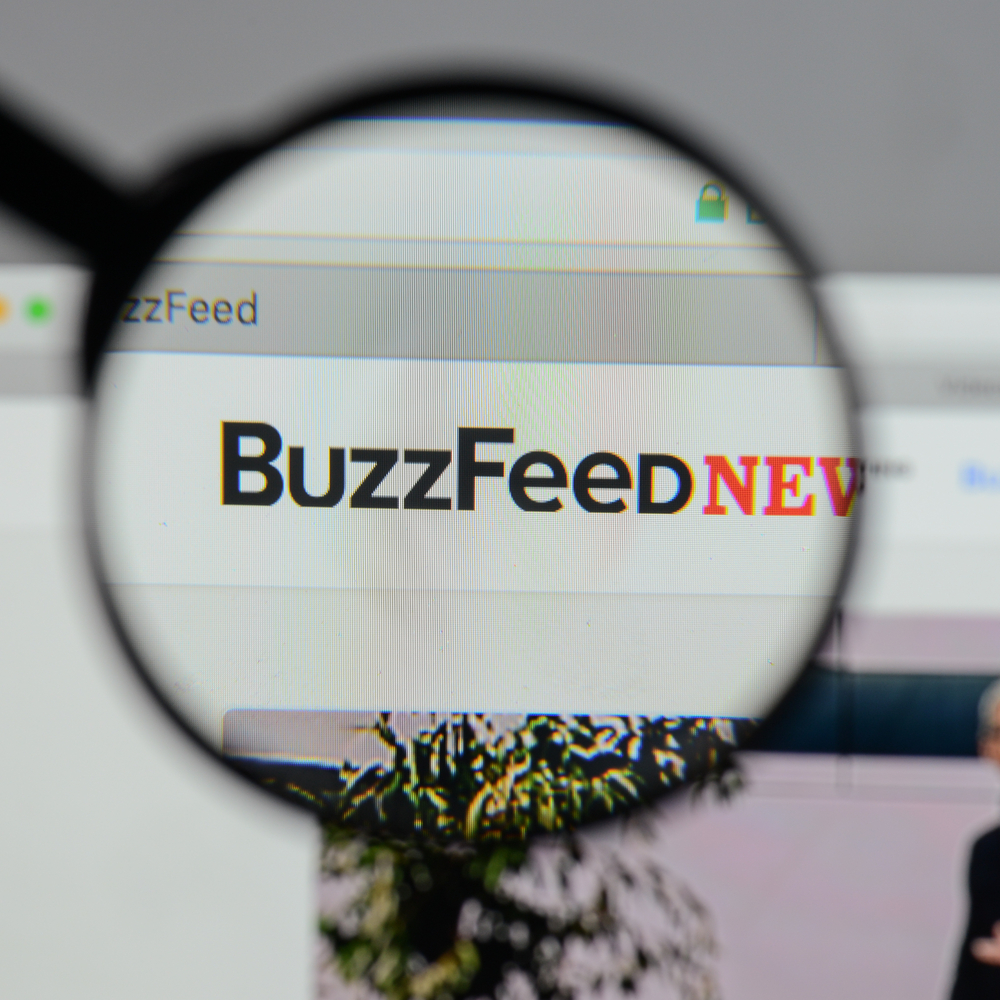First Amendment Watch Roundtable: Jane Bambauer Responds to Louis Michael Seidman
In his provocative essay forthcoming in Columbia Law Review, Georgetown Law Professor Michael Seidman writes, “Free speech cannot be progressive. At least it can’t be progressive if we are talking about free speech in the American context, with all the historical, sociological, and philosophical baggage that comes with the modern, American free speech right. … But the notion that our free speech tradition might be weaponized to advance progressive ends is fanciful.” Freedom of speech pushed progressive causes forward in the second half of the 20th century—it protected civil rights demonstrators, shielded artists from suppression, and safeguarded antiwar protestors. But is it less aligned with progressive goals now? After all, the First Amendment was used to invalidate some campaign financing regulations in Citizens United v. FEC, for example, and protects hate speech. We are devoting a First Amendment Roundtable to discuss Seidman’s question. Today, we present Jane Bambauer’s response. We invite readers to join the discussion: send us your thoughts at fawroundtable@gmail.com.
First Amendment Watch Roundtable: John Paul Schnapper-Casteras Responds to Louis Michael Seidman
In his provocative essay forthcoming in Columbia Law Review, Georgetown Law Professor Louis Michael Seidman writes, “Free speech cannot be progressive. At least it can’t be progressive if we are talking about free speech in the American context, with all the historical, sociological, and philosophical baggage that comes with the modern, American free speech right. … But the notion that our free speech tradition might be weaponized to advance progressive ends is fanciful.” Freedom of speech pushed progressive causes forward in the second half of the 20th century—it protected civil rights demonstrators, shielded artists from suppression, and safeguarded antiwar protestors. But is it less aligned with progressive goals now? After all, the First Amendment was used to invalidate some campaign financing regulations in Citizens United v. FEC, for example, and protects hate speech. We are devoting a First Amendment Roundtable to discuss Seidman’s question. Today, we present John Paul Schnapper-Casteras’ response. We invite readers to join the discussion: send us your thoughts at fawroundtable@gmail.com.
First Amendment Watch Roundtable: Floyd Abrams Responds to Louis Michael Seidman
In his provocative essay forthcoming in Columbia Law Review, Georgetown Law Professor Michael Seidman writes, “Free speech cannot be progressive. At least it can't be progressive if we are talking about free speech in the American context, with all the historical, sociological, and philosophical baggage that comes with the modern, American free speech right. … But the notion that our free speech tradition might be weaponized to advance progressive ends is fanciful.” Freedom of speech pushed progressive causes forward in the second half of the 20th century—it protected civil rights demonstrators, shielded artists from suppression, and safeguarded antiwar protestors. But is it less aligned with progressive goals now? After all, the First Amendment was used to invalidate some campaign financing regulations in Citizens United v. FEC, for example, and protects hate speech. We are devoting a First Amendment Roundtable to discuss Seidman’s question. Today, we present Floyd Abrams' response. We invite readers to join the discussion: send us your thoughts at fawroundtable@gmail.com.
Newspaper Challenging RI Judge In Federal Court For Banning Juror Contact
The Providence Journal is moving a First Amendment complaint against a Superior Court judge to federal court for declaring a ban on reporter contact with jurors after a trial. The […]
Notable Legal Ruling For Buzzfeed in Dossier Defense
A judge ruled that Buzzfeed may have legal protection for its decision to publish the “dossier” and a brief accompanying article in January 2017, and could claim fair reporting privilege. […]
Supreme Court Hands Down Ruling in Masterpiece Cake Case
The Supreme Court ruled 7-2 in favor of Jack C. Phillips, the owner of Masterpiece Cakeshop in Lakeland, Colorado, who refused to design and create a wedding cake for a celebration of a same-sex marriage saying that a state commission violated the Constitution's protection of religious freedom when it ruled against Phillips. Phillips had claimed that the creation of the cake is artistic expression protected by the First Amendment’s free speech and free exercise of religion clause. The couple and Colorado argued that Phillips’ work on the cake was not expressive conduct according to the law and that the state had a significant interest in preventing discrimination based on sexual orientation. “The neutral and respectful consideration to which Phillips was entitled was compromised here,” Justice Kennedy wrote in the decision. “The Civil Rights Commission’s treatment of his case has some elements of a clear and impermissible hostility toward the sincere religious beliefs that motivated his objection.”
Lata Nott: These Two States Are Pushing Laws To Criminalize Some Protests
The Newseum Institute’s First Amendment expert, Lata Nott, originally published this podcast on the Newseum blog, and has given First Amendment Watch permission to reprint. Rightly or wrongly, certain […]
Ballard Spahr: First Amendment Bars Trump from Blocking Critics on Twitter, Court Rules
Reprinted with Permission from Ballard Spahr A federal judge has ruled that the First Amendment prohibits President Donald J. Trump from blocking Twitter users because of political disagreements. Last summer, […]
